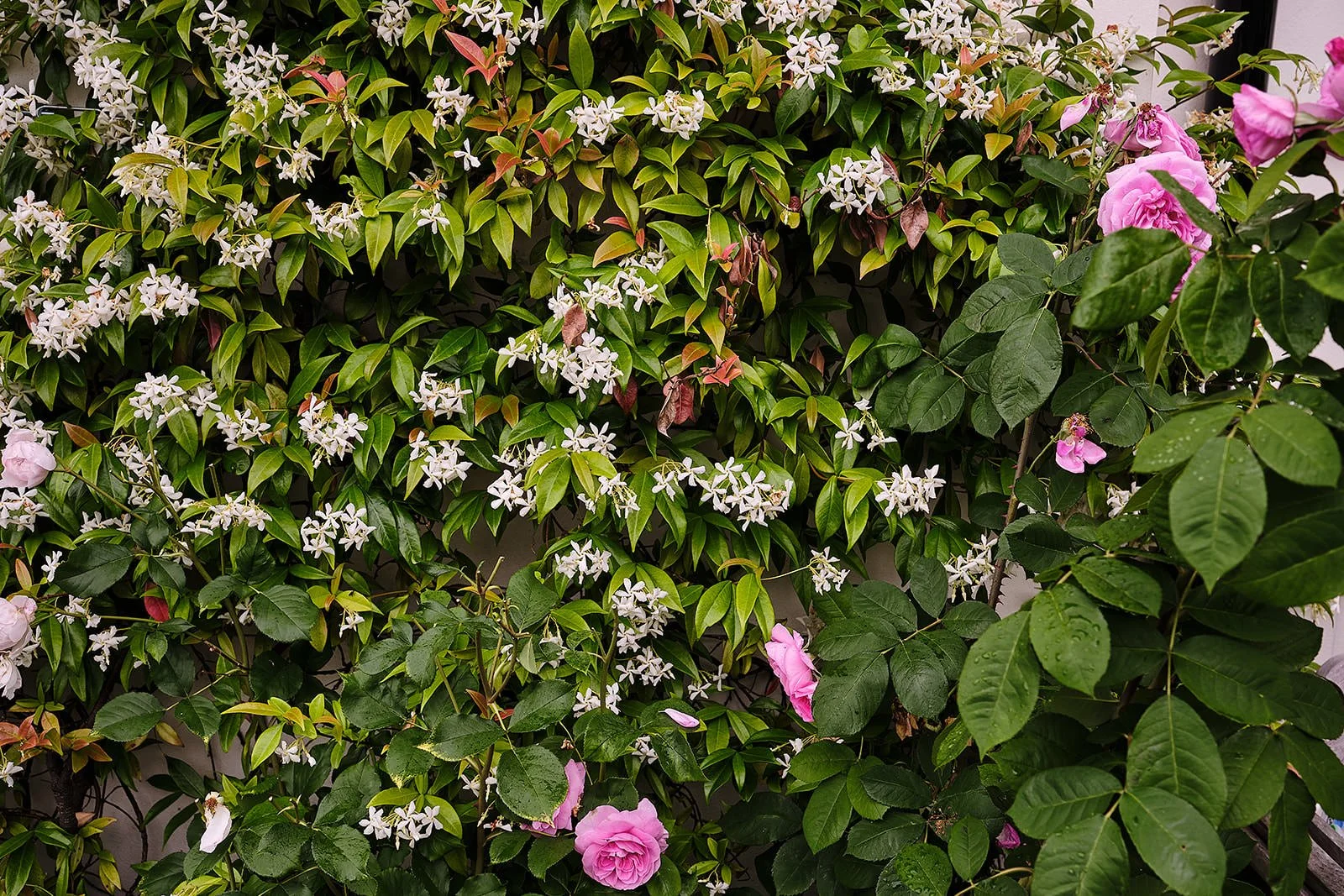Spiritual Evolution: Between the Inner Flame and Collective Awakening
One of the most compelling tensions within spiritual life is the balance between spiritual individualism and engaged spirituality. It might seem paradoxical, but in truth one often leads to the other. Those committed to their own spiritual progression frequently find themselves, at some point, turning their gaze outward with a deeper sense of compassion and responsibility. But before this outward engagement can fully form, many seekers experience a period of withdrawal, a stepping back to attend to their inner terrain.
This stage of solitude, sometimes formal, other times subtle, often arises from an intuitive knowing: the need to be alone, to listen inwardly, and to honour the unfolding of a more personal spiritual dialogue. As Cassandra Vieten suggests in her work on spiritual competencies, this phase can also give rise to a yearning for guidance or support particularly in the absence of traditional spiritual mentorship. Increasingly, this leads individuals to seek help from mental health professionals, who may not always be trained in the nuances of spiritual emergence or transformation.
I resonate deeply with Barbara Marx Hubbard’s view that we are seeing the emergence of a more universally empathic, spiritually awakened human, individuals who feel called to become co-creators of new paradigms. This idea is respectful of the fact that many so-called Western breakthroughs, particularly in neuroscience, consciousness, and energy healing, mirror ancient concepts long held within Eastern philosophical traditions.
Teilhard de Chardin writes of a “flame of expectation” burning within those who sense the future not as something external, but something within. This inner flame, as I understand it, may be the intuitive knowing of the Homo progressivus, the next phase of our evolution, those who begin to see clearly the interconnectedness between self, intuition, and the wider field of life.
For me, the most striking idea in this entire field is the notion of "progressing toward the unknown." It is this journey into the uncharted inner landscape that feels most essential. It cannot be outsourced or dissected in a lab. It can only be experienced. And while the spark is personal, the work of tending the flame, keeping it steady and alive, can be a shared endeavour. Here, community, spiritual leaders, or trusted guides play an invaluable role.
When Hubbard speaks of consciousness as a Creative Intelligence, she highlights a fundamental truth: the evolution of the planet will not be led by outdated power structures. The unevolved cannot lead us to collective evolution, and certainly not to involution, which is the more radical path of turning inward to evolve from within.
Spiritual Tech: Tool or Shortcut?
On the topic of spiritual technology, I hold a somewhat cautious stance. I worry that removing the process of discovery, which makes up 99.9% of the spiritual journey, diminishes its depth. Perhaps we must separate the ideas of spiritual evolution and mental wellness when examining spirit tech.
It is true that ancient practices like Prānāyāma, meditation, and mantra have enormous potential for mental health and emotional regulation. Their inclusion in modern therapeutic frameworks could greatly increase accessibility and impact. If spirit tech serves this purpose, offering low-barrier tools for wellness and stabilisation, then it likely has a role to play in contemporary health systems. But let us not confuse support tools with the journey itself.
The Alchemy of Imagination
On a more creative note, I’ve been deeply inspired by the digital visionary Android Jones, whose work visually embodies the alchemy of inner transformation. His art represents the merging of elemental forces and imagination, a process at the very heart of spiritual practice. The concept of spiritual alchemy has long held meaning in both Hindu and Buddhist traditions, where deities and archetypes are not static images but energetic forces to be embodied, activated, and internalised.
This dynamic, inner engagement with myth and symbol echoes the same evolutionary arc we've been exploring: from personal flame to collective light.
In Closing
Spiritual evolution is not a fixed goal but a living process, one that asks us to turn inward with courage and engage outward with clarity and care. Whether we do this through silence and solitude, creative expression, community dialogue, or science-backed breath practices, what matters is that we continue. We steady the flame. We walk toward the unknown.
And perhaps, in doing so, we illuminate the path for others.

